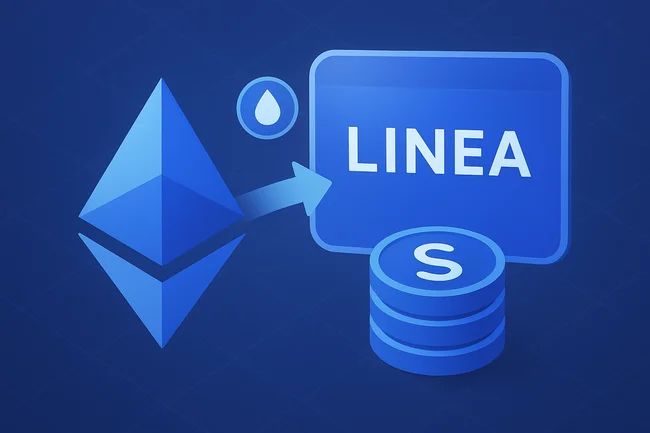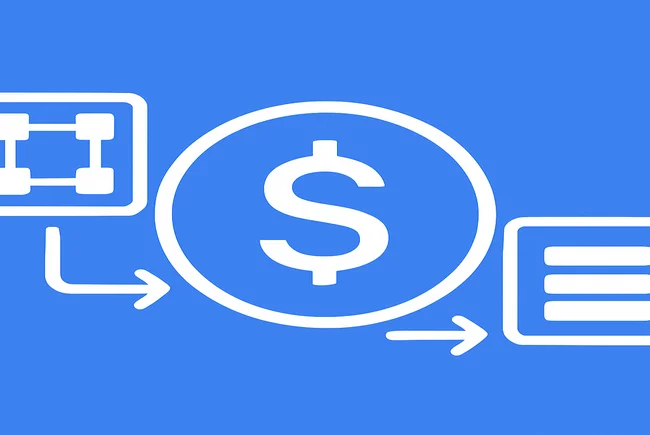Protocol decision-making refers to the process by which changes or updates to a blockchain protocol are proposed, discussed, and implemented. This involves various stakeholders, including developers, miners, and community members, who collaborate to determine the rules that govern the network.Proposals for changes often arise from the need to improve scalability, security, or functionality. A common mechanism for this is the creation of Improvement Proposals (IPs). These proposals undergo a review process where the community debates their merits and potential impact.Once sufficient consensus is reached, the proposed changes can be integrated into the protocol. However, if disagreements occur, it may lead to forks, where the blockchain splits into two separate versions. This process highlights the importance of governance and collaboration among stakeholders to ensure the protocol evolves in a manner that aligns with the community’s goals. Ultimately, effective protocol decision-making is crucial for the longevity and success of a blockchain network, impacting everything from user experience to the network’s capacity to adapt to future challenges.
Aave Labs Acquires Stable Finance to Expand Consumer DeFi Products
Aave Labs has acquired Stable Finance, a San Francisco-based fintech company focused on stablecoin savings, in a move to strengthen



